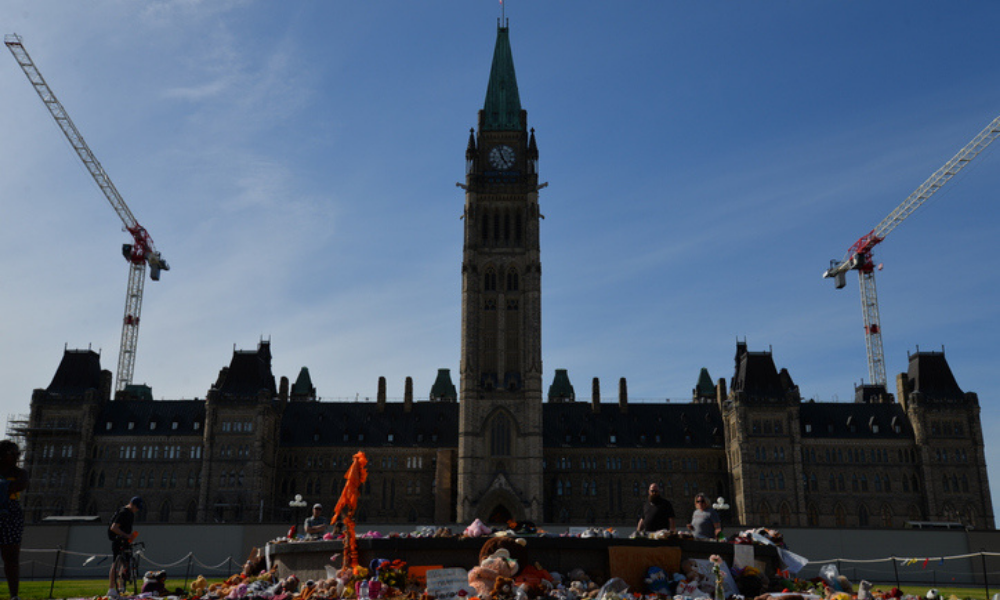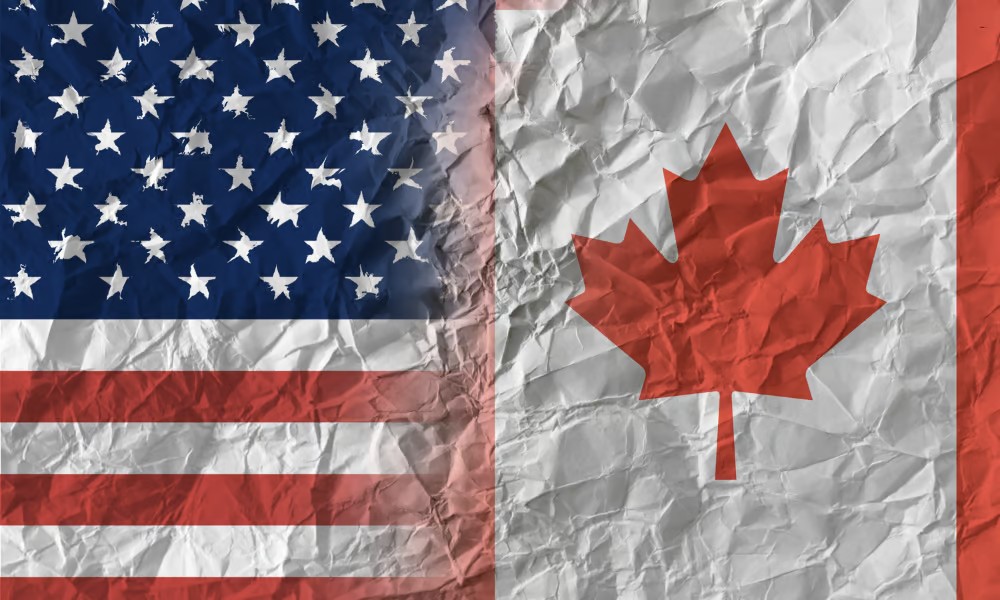'This is the kind of open-ended contract language to which an employer should… not be agreeable'

A British Columbia employer must add the new National Day of Truth and Reconciliation to its collective agreement’s list of statutory holidays, an arbitrator has ruled.
The company argued that it wasn’t the intention of the agreement’s holiday provision to add any new holidays proclaimed by government, but the language used left it open to such change, says James Kondopulos, a partner at Roper Greyell in Vancouver.
“Control over the increased costs and other business and operational challenges of another statutory holiday is removed from the employer and left to the ‘proclamations’ of third parties — the ‘provincial or federal government,’” he says. “This is the kind of open-ended contract language to which an employer should generally not be agreeable at the bargaining table.”
Marathon Motors is a company that owns and operates two automotive dealerships in the Vancouver area – Westminster Toyota and Pattison Toyota. Employees at both dealerships are unionized and are governed by collective agreements.
The collective agreement for each dealership had similar provisions relating to statutory holidays. They both outlined the statutory holidays to which employees were entitled. Each had a list of designated holidays followed by the statement, “or any other day proclaimed by the provincial or federal government when the company is forced by legislation to close down its operation.”
The most recent addition to the list of statutory holidays came when the B.C. government established Family Day on the second Monday of February. Both dealerships observed the holiday in 2014 and then added it to the collective agreements as a housekeeping matter at the next round of collective bargaining.
Read more: The federal government has left it up to the provinces and territories to determine if they will recognize the National Day for Truth and Reconciliation, writes an employment lawyer.
In early 2021, during the bargaining process for a new collective agreement at one of the dealerships, the union proposed to add the upcoming federal holiday, the National Day for Truth and Reconciliation on Sept. 30, to the list of statutory holidays. Marathon declined and the union withdrew the proposal.
In June 2021, federal legislation proclaiming the National Day for Truth and Reconciliation received royal assent, adding the holiday to the Canada Labour Code, the Bills of Exchange Act, and the Interpretation Act. The B.C. government marked Sept. 30 as a day of commemoration, but it did not add it as a statutory holiday in the province.
About one week before the first instance of the new holiday in 2021, Marathon advised the union that the dealerships didn’t plan to recognize Sept. 30 as a statutory holiday. The union responded by saying that it would grieve the decision, as the collective agreement required the company to recognize it as a federally legislated statutory holiday.
Sept. 30 came and went as a regular workday at the dealerships, so the union filed a grievance. Marathon denied the grievance.
The union took its complaint to arbitration, arguing that the statement “when the company is forced to close down its operation” was intended to be descriptive as to when the employer must pay premiums. It couldn’t be taken literally, because the dealerships weren’t forced to close for any statutory holiday, the union said.
Dispute over intention of provision
The union also argued that the holiday provision’s intention was to provide employees with new statutory holidays when they were proclaimed by the provincial or federal government. It pointed to Boxing Day, which is only a holiday in the Canada Labour Code and not provincially, as an example that the parties intended to recognize all holidays proclaimed by the provincial and federal governments.
Marathon countered that the statement “or any other day proclaimed” was a separate entitlement from the listed holidays, and both Boxing Day and Family Day were added during bargaining. Noting that the union withdrew its proposal to add the National Day for Truth and Reconciliation during the last round of collective bargaining, the company said the place to create new language and add a holiday was in bargaining, not arbitration.
Despite Marathon’s argument, Kondopulos says that the statement in the provision following the list of holidays was problematic and opened the door to recognizing any future holiday under the collective agreement.
The arbitrator found that the use of the word “or” in the provision wasn’t intended to require employees or the employer to choose between two options. Instead, it defined how the designated day would qualify as a statutory holiday – either it on the list or as a newly proclaimed holiday. This was what happened with Family Day before it was added to the holiday list during bargaining – the fact that Marathon considered it a housekeeping matter to add it to the list made it probable that they interpreted the provision according to the union’s argument, the arbitrator said.
“[The arbitrator] highlighted that the employer had approached the matter of adding Family Day as a statutory holiday under the collective agreement as a ‘housekeeping matter,’” says Kondopulos. “She held this was inconsistent with the employer’s argument that it did ‘not have to recognize any newly proclaimed day in the collective agreement unless it [was] forced to close by legislation.’”
The arbitrator also found that the provision didn’t specify between religious and secular holidays, which supported the interpretation that “forced to close” was a reference to the nature of statutory holidays where the dealerships could decide to open for business but pay premiums to employees required to work. As a result, being forced to close by legislation was not intended as a condition of any new statutory holiday, the arbitrator said.
The arbitrator determined that Marathon violated the collective agreements at both dealerships by not recognizing the National Day for Truth and Reconciliation as a statutory holiday after it was proclaimed by the federal government. Marathon was ordered to make the employees whole with regard to time off or statutory holiday pay.
Read more: The new holiday should be included in collective agreements that left openings for it, arbitrators in Ontario and B.C. ruled.
While the statement “or any other day” was problematic, Kondopulos notes that it should be read in its entirety and in context, which is a basic principle of collective agreement interpretation.
“The phrase ‘when the company is forced by legislation to close down its operation’ cannot be ignored or read out,” says Kondopulos. “I fail to understand how a provincially regulated employer like Westminster Toyota or Pattison Toyota — clearly not an employer governed by the Canada Labour Code — can be impacted by a proclamation of the federal government which clearly does not ‘force’ the employer to close down its operation or, even on the less strict interpretation applied by the arbitrator, does not require the employer to ‘pay premiums to employees required to work during [the] statutory holiday’ when the employer ‘decide[s] to open its business.’
“The National Day for Truth and Reconciliation is readily distinguishable from Family Day, because the latter has been specifically proclaimed as a statutory holiday by the provincial government and added to the list of statutory holidays under British Columbia’s employment standards legislation.”
Kondopulos also points out that the federal government did not add the National Day for Truth and Reconciliation to the federal Holidays Act, which includes only Canada Day, Remembrance Day, and Victoria Day.
“Had the federal government intended to bind provincially regulated employers as well as those that are federally regulated, it would have added the National Day for Truth and Reconciliation to the Holidays Act as well as the Canada Labour Code.”
See Marathon Motors Inc. and IAMAW (National Day for Truth and Reconciliation), Re, 2022 CarswellBC 1450.




